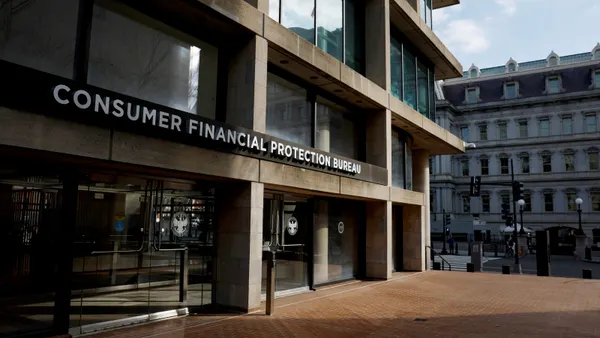Dive Brief:
- Republican legislators in New Hampshire’s state house introduced a bill Wednesday that would prohibit incorporating environmental, social and governance factors for state investment funds and make “knowingly” investing using ESG criteria a felony punishable by up to 20 years in prison.
- The state’s House of Representatives will hold a public hearing on HB 1267 on Feb. 1 to receive feedback. If passed, the bill will require state agencies to review investments and divest from any accounts that consider ESG.
- The state’s Treasury Department examined the potential financial impacts of the bill and found indeterminable financial effects on future fiscal years’ revenues and expenditures and said “banning investments with ESG-focused firms might affect revenue and incur transition costs if service providers change.”
Dive Insight:
Should it pass, the bill would add to a growing list of anti-ESG legislation on states’ books across the country. The decision to classify the usage of the investment factors as a felony, though, separates New Hampshire’s law from anti-ESG legislation in other states.
The bill, which its sponsors say seeks to “maximize financial returns and minimize risk,” would prohibit state retirement fund managers from investing in any accounts that consider ESG factors and would make the intentional use of ESG factors when managing state pension plans punishable by “not less than one year” in prison and up to 20 years.
New Hampshire’s Treasury Department said it assumes the fiscal impacts of the bill will not be felt until fiscal 2025, as the bill has an effective date of Jan. 1, 2025. The department said the bill could possibly conflict with current laws that require state investment managers to maximize financial returns for the state.
“Current investments prioritize objectives like asset preservation and liquidity, with no consideration for ESG criteria,” the treasury said. “The potential exclusion of certain financial institutions might raise costs or miss earnings opportunities, but the specifics are uncertain.”
The bill also requires an annual report from the state treasurer on compliance, including whether any investment funds have “mixed” fiduciary interest investment motives. The state treasury said that report is duplicative. New Hampshire already has one anti-ESG law in effect as of August that Republican Gov. Chris Sununu signed in June. The bill, HB 457, requires the quarterly compliance report that the state’s treasury department said would be duplicated by the report in HB 1267.
HB 457 requires a quarterly report from the state treasurer on compliance with state fiduciaries’ duty to maximize benefits for the state or fund beneficiaries and not the existence of any funds with mixed fiduciary objectives. The bill also requires a similar report from the independent investment committee and board of trustees for the state retirement system.















